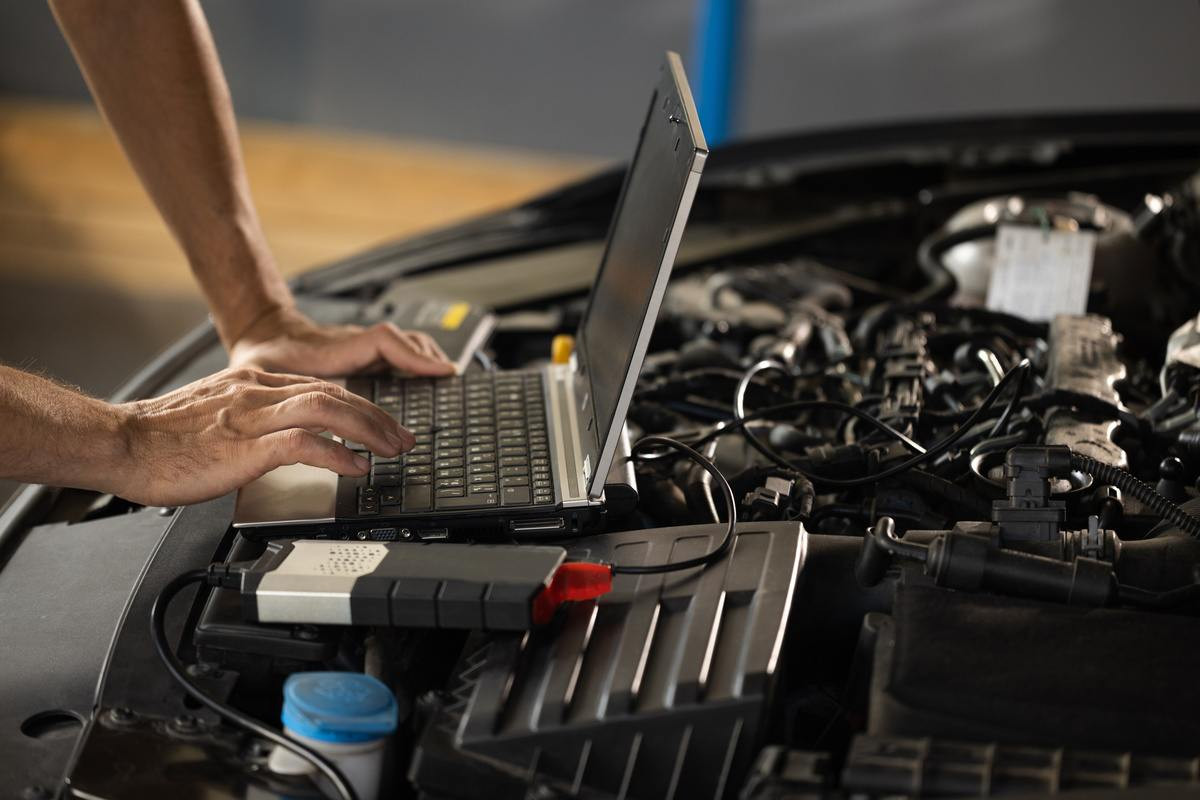What is PayPal? Your Guide to Secure Online Payments and Money Transfers
In today’s digital age, online transactions have become an integral part of our lives. Whether you’re shopping online, sending money to family, or running a business, a secure and reliable payment system is crucial. PayPal has emerged as a global leader in this space, but What Is PayPal exactly?
PayPal is essentially a digital wallet and payment processor that allows individuals and businesses to send and receive money online securely and efficiently. Founded in 1998, it has grown to become one of the most recognized and trusted brands in online financial transactions, boasting hundreds of millions of users worldwide.
Understanding PayPal: Core Concepts
To truly grasp what PayPal is, it’s important to understand its core functionalities and the problems it solves. At its heart, PayPal simplifies online payments. Instead of entering your credit card or bank details every time you make a purchase online, you can link these financial instruments to your PayPal account. This means you only need to share your PayPal login details (email address and password) with merchants, significantly enhancing security and convenience.
Here are some key features and services that define what PayPal is:
- Digital Wallet: Think of PayPal as your online wallet. You can securely store your credit cards, debit cards, and bank account information within your PayPal account. This eliminates the need to repeatedly enter sensitive financial details across different websites.
- Online Payment Processing: PayPal acts as an intermediary between buyers and sellers. When you pay with PayPal, the merchant receives the payment from PayPal, and PayPal in turn processes the transaction using your linked funding source.
- Money Transfers: PayPal facilitates sending money to friends and family, both domestically and internationally. This is often quicker and more convenient than traditional methods like checks or wire transfers.
- Business Solutions: PayPal offers a range of tools and services tailored for businesses, including payment buttons for websites, invoicing features, and solutions for marketplaces and platforms.
- Mobile Payments: With the PayPal mobile app, you can manage your account, make payments, and send money on the go.
How PayPal Works: A User-Friendly Approach
What makes PayPal so user-friendly? The process is straightforward for both buyers and sellers:
For Buyers:
- Sign Up: Create a free PayPal account and link your preferred payment methods (credit card, debit card, or bank account).
- Shop Online: When you encounter the PayPal button at online stores, select it as your payment option.
- Login and Confirm: Log in to your PayPal account and confirm the payment. PayPal securely processes the transaction without sharing your financial details with the seller.
For Sellers:
- Business Account: Set up a PayPal Business account to accept payments from customers.
- Integration: Integrate PayPal into your website or e-commerce platform. PayPal provides various tools and APIs to streamline this process.
- Receive Payments: Customers can pay you securely through PayPal, and the funds are deposited into your PayPal account.
Security is paramount when dealing with online payments, and PayPal prioritizes this aspect. They employ advanced encryption and fraud prevention technologies to protect user data and transactions. PayPal also offers buyer and seller protection programs to mitigate risks associated with online commerce.
PayPal for Businesses and Developers: Expanding Functionality
Beyond basic payments, what PayPal offers extends to powerful tools for businesses and developers. For businesses, PayPal provides solutions to manage online sales, streamline payouts, and expand their reach globally. For developers, PayPal offers a suite of APIs (Application Programming Interfaces) that enable integration of PayPal’s payment functionalities into custom applications and platforms.
As mentioned in the original article, PayPal APIs utilize REST (Representational State Transfer) architecture and OAuth 2.0 for secure authentication. These APIs allow developers to:
- Process Payments: Integrate payment processing directly into their applications.
- Manage Transactions: Track and manage payments, refunds, and other transaction details programmatically.
- Automate Tasks: Automate payment workflows and integrate with other business systems.
To get started with PayPal APIs, developers need to obtain a client ID and client secret, which act as credentials for accessing the API. An access token is then generated to authenticate API calls, ensuring secure communication between the application and PayPal’s servers. PayPal also provides a sandbox environment for developers to test their integrations without using real money, mimicking real-world transaction scenarios.
Benefits of Using PayPal: Why Choose PayPal?
What advantages does PayPal offer compared to other payment methods?
- Enhanced Security: PayPal shields your financial information from merchants, reducing the risk of fraud and identity theft.
- Convenience and Speed: Paying with PayPal is quick and easy, streamlining the checkout process online and in apps.
- Global Reach: PayPal operates in over 200 countries and supports numerous currencies, making it ideal for international transactions.
- Buyer and Seller Protection: PayPal offers programs to protect both buyers and sellers in case of disputes or unauthorized transactions.
- Versatile Functionality: From personal money transfers to complex business payment solutions and developer APIs, PayPal provides a wide range of services to meet diverse needs.
Conclusion: PayPal as a Cornerstone of Online Commerce
In conclusion, what PayPal is is more than just a payment processor; it’s a comprehensive digital financial service that underpins a significant portion of online commerce. It empowers individuals to transact securely and conveniently online, and provides businesses with the tools to thrive in the digital marketplace. From simple online purchases to complex API integrations, PayPal continues to be a vital component of the global online payment ecosystem. Whether you are a consumer or a business, understanding what PayPal is and how it works is increasingly essential in today’s interconnected world.



